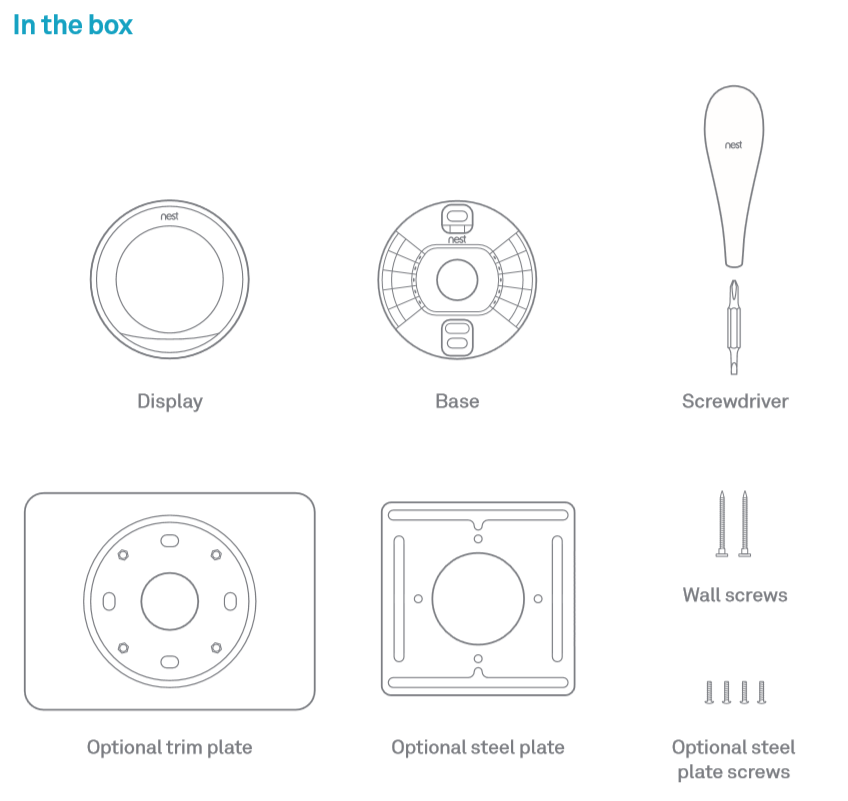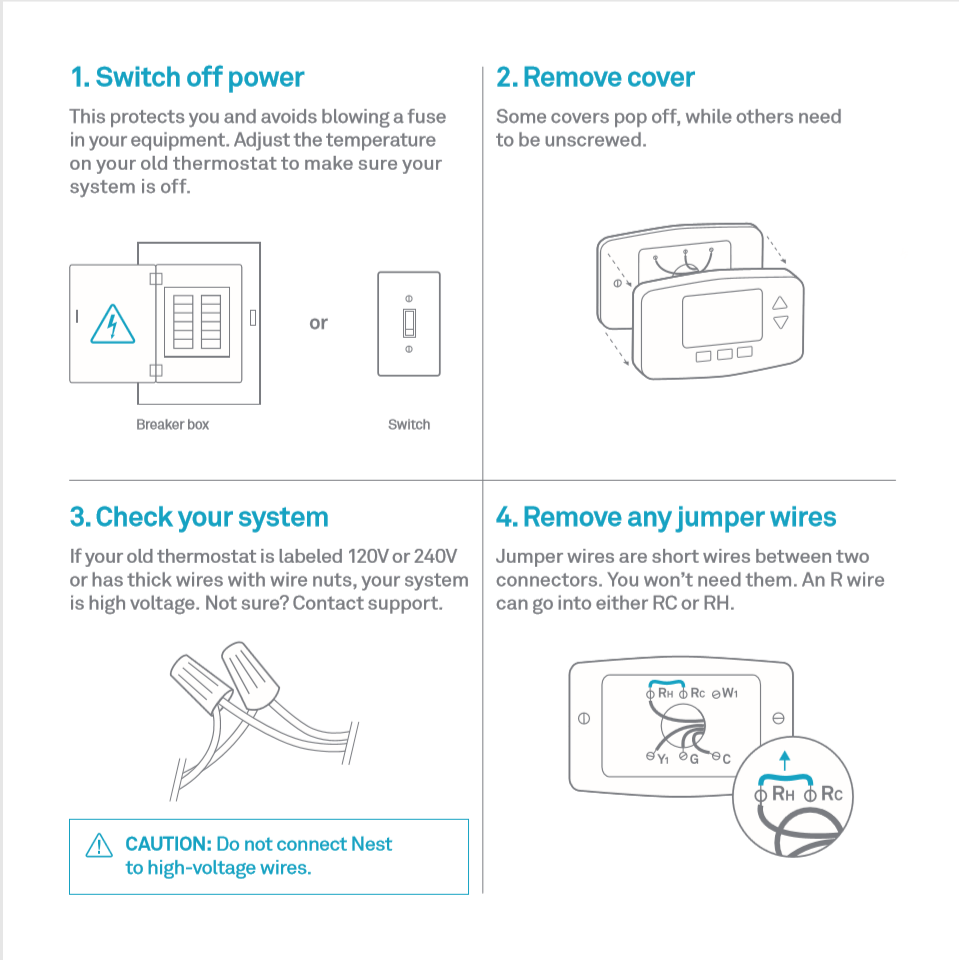When people talk about technical communications jobs or trends, employers do not bring up customer service skills as a top skill.
While most of our jobs may be focused on written communications or knowing a collection of software tools or technology skills, we still regularly meet with colleagues both within and outside of departments. Customer service skills come into play when we interact with colleagues, respond to emails, take responsibility for mistakes, produce quality content on time, collaborate and share knowledge, and manage expectations.
Recently, I read two books about customer service: The Starbucks Experience: 5 Principles for Turning Ordinary Into Extraordinary and Be Our Guest: Perfecting the Art of Customer Service, a book that focuses on Disney’s approach when it comes to exceeding expectations rather than simply satisfying them.
Here are a few things that I think about when working for clients:
- Be diplomatic: As a consultant, I realized the importance of diplomacy more than five years ago. At one client site, I witnessed a consultant say the wrong thing to the wrong employee—the next day the consultant was fired.
- Make an effort to meet colleagues and clients in person: Even if I am not required to visit a client’s office regularly, I still make the effort to physically be there, especially at the start of a project. I know it is more convenient to set up an online meeting. But visiting a client regularly sends a message that the client and their work are important. In my experience, meeting the person helps build trust and often makes the subsequent review of technical documentation that much easier. Think of that first meeting as an investment.
- Be approachable and likable: I know this is obvious but it’s worth repeating. First impressions matter and being friendly and easy to approach when you first start working at a company makes your work that much easier in the days and weeks that follow.
- Manage expectations: If you tell a client or colleague that you will do something by a certain date, make sure you do it. Even better, if you say you will deliver content to the client by Friday, provide the content a day or two early. I am frequently surprised how many people make a promise and do not follow through.
- Listen well. When I meet subject matter experts, I talk less and listen to their needs. For long meetings, you may want to consider using note-taking tools. Check out this podcast on note-taking tools and technologies.
- Respond to criticism or mistakes quickly. We all make mistakes. If you’ve made a mistake, own up to it, fix the issue quickly, and learn from it.
- Surprise and delight: In The Starbucks Experience, author Joseph Michelli writes, “Nowadays, people have a certain anticipation for something special with just about every purchasing experience, or hope they will get surprised, even in the most mundane experiences.” With this in mind, how can technical writers surprise and delight clients and supervisors? One way is to go “above and beyond” what is asked of you. For example, if your client asks you to re-write an online topic, you could improve the topic but also add an illustration that clarifies a concept as well as improve an aspect of the website’s navigation.
- Streamline processes. When you interact with colleagues, make it easy as possible to interact with you. In my opinion, reviews of technical content are often cumbersome and are typically handled by sending draft PDF files to Subject Matter Experts, who edit the PDF and email it back. After a few months, writers have collected dozens of these PDFs from Subject Matter Experts in an email program. In contrast, at one client site I worked at, they used Confluence to post PDFs so that Subject Matter Experts could easily review and comment on the draft content. Even better, Subject Matter Experts could see what other reviewers had written on a given topic, fostering a dialog on contentious issues. Furthermore, writers could respond to the draft comments by making comments back, such as “Made the edit in the source file.” Check out an earlier blog post I wrote about using Confluence to manage technical content reviews.
- End a project or contract in a positive way: Every contract comes to an end. When a contract is ramping down, I make an effort to surprise clients in a positive way. Recently, I volunteered myself to write some departmental procedures that I knew were lacking and needed. I feel that ending a contact in a positive way may increase the chances of being called back for future projects.
What do you think? When it comes to customer service skills, how do you exceed customer expectations?



 I have worked as a
I have worked as a